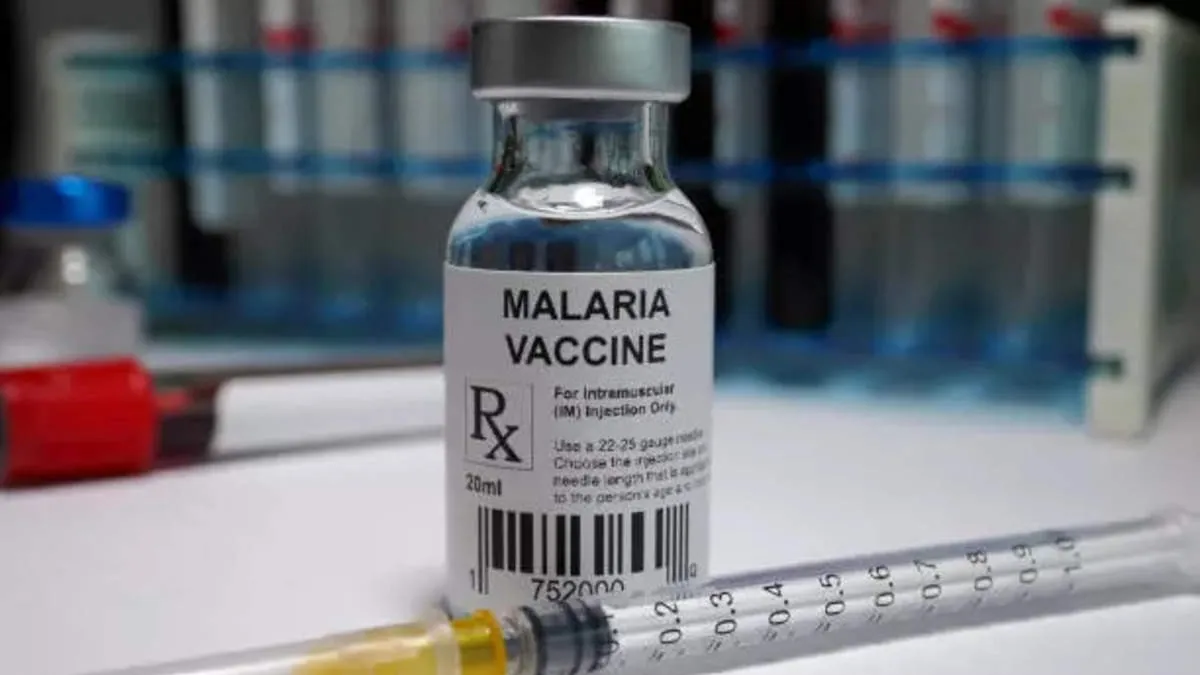Nigeria is responsible for 31 percent of global malaria deaths and 27 percent of total malaria cases worldwide.
This is according to the World Malaria Report 2024 that says the country also accounts for nearly 40 percent of worldwide malaria deaths among children under five, highlighting the severe public health burden.
At a recent event organized by the Ministry of Health in collaboration with the Gates Foundation and other partners to mark World Malaria Day, Dr. Adekunle Salako, Nigeria’s Minister of State for Health, acknowledged that malaria remains a critical public health issue in the country. Children under five and pregnant women are particularly vulnerable.
The government has taken steps to address the funding gap created by the suspension of USAID/PMI malaria elimination activities in Nigeria. Dr. Salako stated that the government has made a significant budgetary allocation to cover urgent malaria commodity needs in affected states. This includes procuring essential items such as Artemisinin-based Combination Therapies (ACTs), Rapid Diagnostic Test (RDT) kits, injectable artesunate for severe malaria, and Sulfadoxine/Pyrimethamine (SP) combination drugs for pregnant women.
Nonetheless, malaria continues to have a devastating impact on Nigeria, with approximately 55 million cases and 90,000 malaria-related deaths reported annually.
The economic cost of the disease was estimated at $1.6 billion (N687 billion) in 2022 and is projected to rise to $2.8 billion (N2 trillion) by 2030.
Malaria is caused by parasites transmitted to humans through the bites of infected female Anopheles mosquitoes.
The government’s efforts, in partnership with international organizations, aim to reduce the impact of malaria and improve healthcare infrastructure to address this ongoing crisis.

